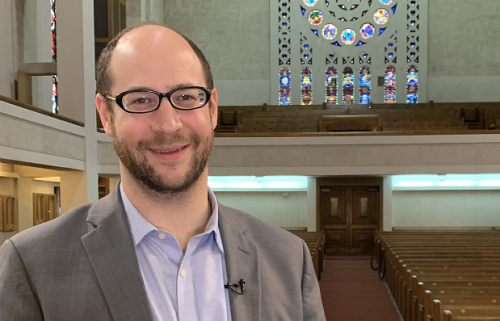Rabbinic Reflection: Rabbi Jordan Helfman
A Complex Canada Day
In a recent article for Truah: the Rabbinic Call for Human Rights, Canadian rabbi, Jesse Paikin, teaches about a moment in last week’s Torah portion when Balaam’s eyes are finally opened to see what was in front of him the whole time.
Bringing Rashi, Rabbi Paikin teaches that God’s spirit rested upon Bilaam to teach us that:
nobody anywhere might ever use the excuse: “If only I had known, I would have changed for the better.” When the unknown becomes known, can we have the courage to confront what we’d rather keep invisible? This moment in Torah provides an unambiguous example of how, once our eyes are open to the truth, it cannot be ignored. All the more so, it must be acted upon.
Rabbi Paikin continues:
We’re staring into a grave right now. Despite our understandable desire to protect ourselves emotionally by not grappling with the implications of the pain, the truth cannot be reburied. We have to keep looking into the still-open wounds.
Over the last eight years, I have gained a deeper and more complex view of Canada, and with it, a more nuanced appreciation of Canada Day.
Some years, Canada Day has felt like a firework and barbeque precursor to the 4th of July. Other years, it stood as a moment of proud celebration of a country welcoming of refugees and proud of its diversity. And this year it feels awkward. Like the churches planted on the land are foreign invaders. Like the flag should be orange.
This year I will still celebrate that which is good – we should be glad for the goodness which God has given us, and give thanks for it. And that celebration will be paired with donations to support First Nations causes in order to reinforce the fabric of our nation.






Leave a Reply
Want to join the discussion?Feel free to contribute!